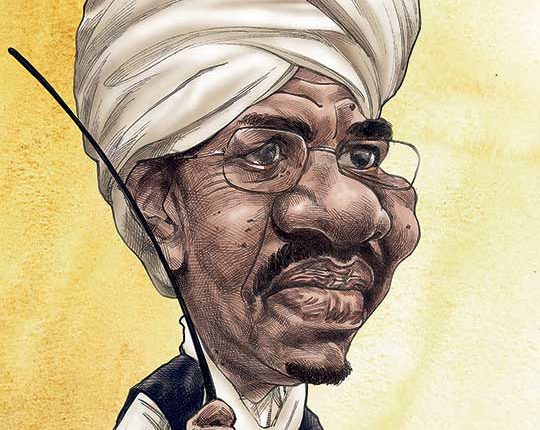After months on the streets of Sudan towns, largely the capital city-Khartoum—relentless protestors pushed the army to oust three decade ruler—Field Marshal, al-Bashir Omar. He was deposed in what political analysts called a coup d’état on Thursday, 11th April 2019. The army says Bashir is detained in a safe area.
A military council was set up headed by first vice president and defence minister, Gen. Awad Ibn Auf. But protestors hastily rejected the military council that was set to rule for two years. They demanded a civilians led transition government.
Surprisingly, Gen. Awad Ibn Auf was pushed to step down less than 48 hours after take-over, naming Lt. Gen. Abdel Fattah Burhan as his successor. Lt. Gen. Burhan was al-Bashir’s Chief of Staff and head of the Ground Forces. He is seen an amiable figure having reached out to protestors during the week long encampment at the military headquarters.
The coming days represent critical moments for Sudanese army and protestors as they negotiate for an acceptable transition team. Can the two camps broach a workable transition? This is a priceless question. Precedents from Egypt and Libya showed otherwise. When people went to the streets, military toppled presidents, but never delivered fundamental change.









